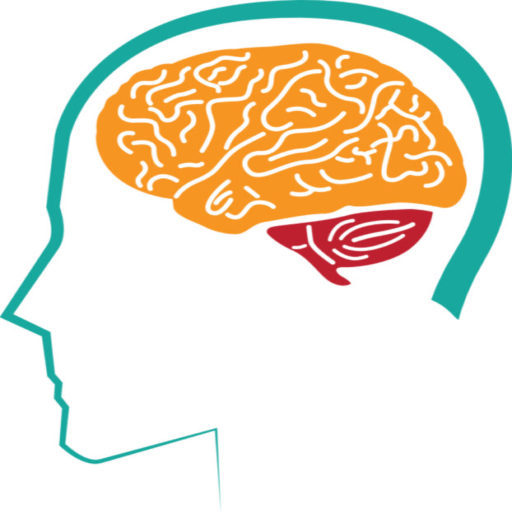Introduction
Have you ever felt an overwhelming fear of time, its relentless march, or the uncertainty it holds? If so, you might be experiencing chronophobia, a profound anxiety related to time. In this comprehensive guide, we will delve into the world of chronophobia, shedding light on its definition, causes, symptoms, diagnosis, treatment options, and coping strategies. Understanding this phobia is vital, as it can significantly impact one’s mental well-being and daily life.
What is Chronophobia?
Chronophobia, derived from the Greek words “chronos” (time) and “phobos” (fear), is an intense and often irrational fear of time, its passage, or the future it signifies. Although it shares some similarities with general anxiety or other specific phobias, chronophobia is distinct in its focus on time-related anxieties. It affects people of all ages, backgrounds, and cultures, making it a relevant and universal concern.
Statistics indicate that specific phobias, including chronophobia, affect approximately 12.5% of the U.S. population during their lifetime. This prevalence underscores the importance of addressing chronophobia as a genuine mental health issue.
Causes of Chronophobia
Understanding the causes of chronophobia involves exploring psychological, physiological, and situational factors. Common triggers may include past traumatic experiences, such as significant life events or losses, the fear of aging or death, or an underlying anxiety disorder. Although researchers have proposed various theories related to the development of chronophobia, it remains an area of ongoing study.
Signs and Symptoms
Individuals grappling with chronophobia may exhibit a range of physical and psychological signs and symptoms, including:
- Persistent anxiety: An all-encompassing sense of unease and apprehension regarding the passage of time or the future.
- Avoidance behavior: Deliberate efforts to evade situations or activities involving planning for the future or confronting time-related anxieties.
- Physical manifestations: These can manifest as a racing heart, trembling, excessive sweating, or gastrointestinal discomfort.
- Obsessive thoughts: An excessive preoccupation with the concept of time, aging, or the future.
These symptoms can significantly disrupt daily life, affecting relationships, work, and overall well-being.
Diagnosis and Misunderstandings
Diagnosing chronophobia necessitates the expertise of a mental health professional who can evaluate an individual’s symptoms, their impact on daily functioning, and potential underlying causes. However, diagnosing chronophobia can be challenging due to several factors. Misunderstandings and stigmas surrounding this phobia may lead to underreporting, as individuals may not recognize their fear of time as a legitimate mental health issue.
Treatment and Management
The encouraging news is that chronophobia, like other specific phobias, is treatable. Various treatment options are available, including therapy, medication, and self-help strategies. Cognitive-behavioral therapy (CBT), exposure therapy, and relaxation techniques are commonly used therapeutic approaches. Medication may be prescribed in some cases to manage anxiety symptoms.
However, it’s crucial to acknowledge that the effectiveness of treatment can vary from person to person. Treatment plans should be personalized to address individual needs and circumstances. Accessibility to mental health services and the willingness to seek help can also influence treatment outcomes.
Coping Strategies
Effectively coping with chronophobia entails developing practical strategies to manage time-related anxieties. Here are some valuable coping tips:
- Mindfulness practices: Engage in mindfulness techniques to stay present and reduce excessive rumination about the future.
- Positive time associations: Challenge negative thoughts about time and replace them with more positive associations and personal goals.
- Gradual exposure: Systematically confront time-related fears and anxieties to build tolerance over time.
- Seek support: Connect with supportive friends, family, or support groups who can provide understanding and encouragement.
Building a support network and prioritizing self-care are integral components of coping with chronophobia. Remember that you are not alone in your struggles, and seeking help is a courageous step towards managing this phobia.
Real-Life Stories and Examples
Real-life stories and case studies can provide powerful insight and inspiration for those dealing with chronophobia. While respecting individuals’ privacy, we can share anonymized stories of individuals who have successfully managed their chronophobia through treatment and support.
Conclusion
Chronophobia is a genuine and challenging phobia that can significantly impact the lives of those who experience it. Understanding this phobia is the first step towards addressing it effectively. Through diagnosis, treatment, and support, individuals with chronophobia can learn to manage their fears and lead more fulfilling lives.
If you or someone you know is struggling with chronophobia, it’s essential to seek help from a mental health professional. You don’t have to face this fear alone, and with the right support, coping strategies, and treatment, there is hope for a brighter, more confident future.

